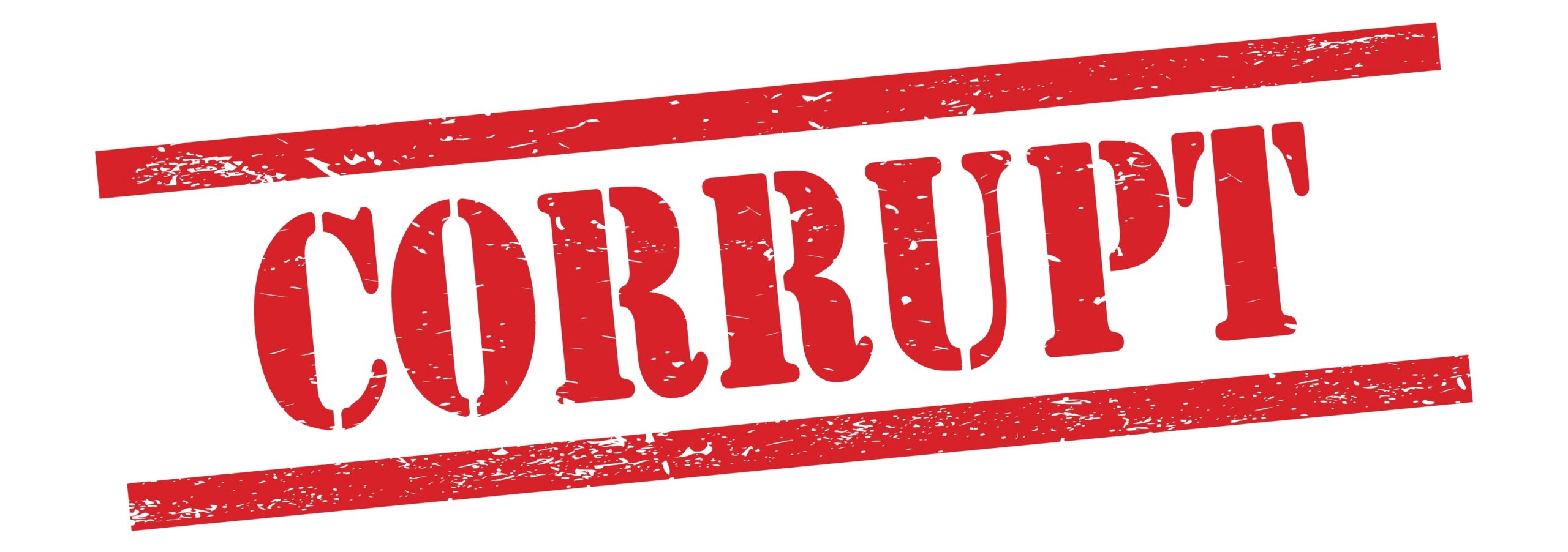Navigating the landscape of Microsoft SQL Server, one may occasionally encounter the formidable issue of database corruption, which can jeopardize vital data and disrupt business processes. Drawing upon one’s experience in diagnosing and repairing such instances of corruption is essential to restore the system’s functionality and protect data integrity.
In a Microsoft SQL Server database, several components can become corrupt, including:
* Data pages: Data pages store the actual data in a SQL Server database. Corruption can occur in these pages if the data becomes inconsistent or is written to disk incorrectly.
* Index pages: Index pages provide an optimized way to access data in a SQL Server database. Corruption can occur in these pages if the data becomes inconsistent or is written to disk incorrectly. Keep in mind that a corrupt non-clustered index is less serious that a corrupt clustered index.
* Allocation pages: Allocation pages keep track of which data and index pages are being used by the database. Corruption can occur in these pages if they become inconsistent or are written to disk incorrectly.
* System catalogs: The system catalogs contain metadata about the database, including information about tables, indexes, constraints, and other objects. Corruption can occur in these catalogs if they become inconsistent or are written to disk incorrectly.
* Transaction logs: The transaction logs record all changes made to the database, including transactions, and are used to recover the database in case of a failure. Corruption can occur in the transaction logs if they become inconsistent or are written to disk incorrectly.
* Backup files: Backup files are used to recover the database in case of a failure. Corruption can occur in backup files if they become inconsistent or are written to disk incorrectly.
It is important to detect and address corruption in any part of a SQL Server database promptly, as corruption can lead to data loss and decreased performance.
Want to learn more about how to prepare for corruption on SQL Server? Take a look at my class that will teach how to to be prepared if corruption strikes.
Corruption Class by Steve Stedman.
More from Stedman Solutions:

Steve and the team at Stedman Solutions are here for all your SQL Server needs.
Contact us today for your free 30 minute consultation..
We are ready to help!

